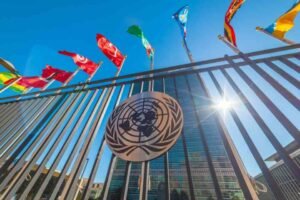

GROWTH OF THE UNITED NATIONS (2000–2025)
Choosing a career path after graduation can feel overwhelming. With so many options and opinions, it’s easy to get stuck.
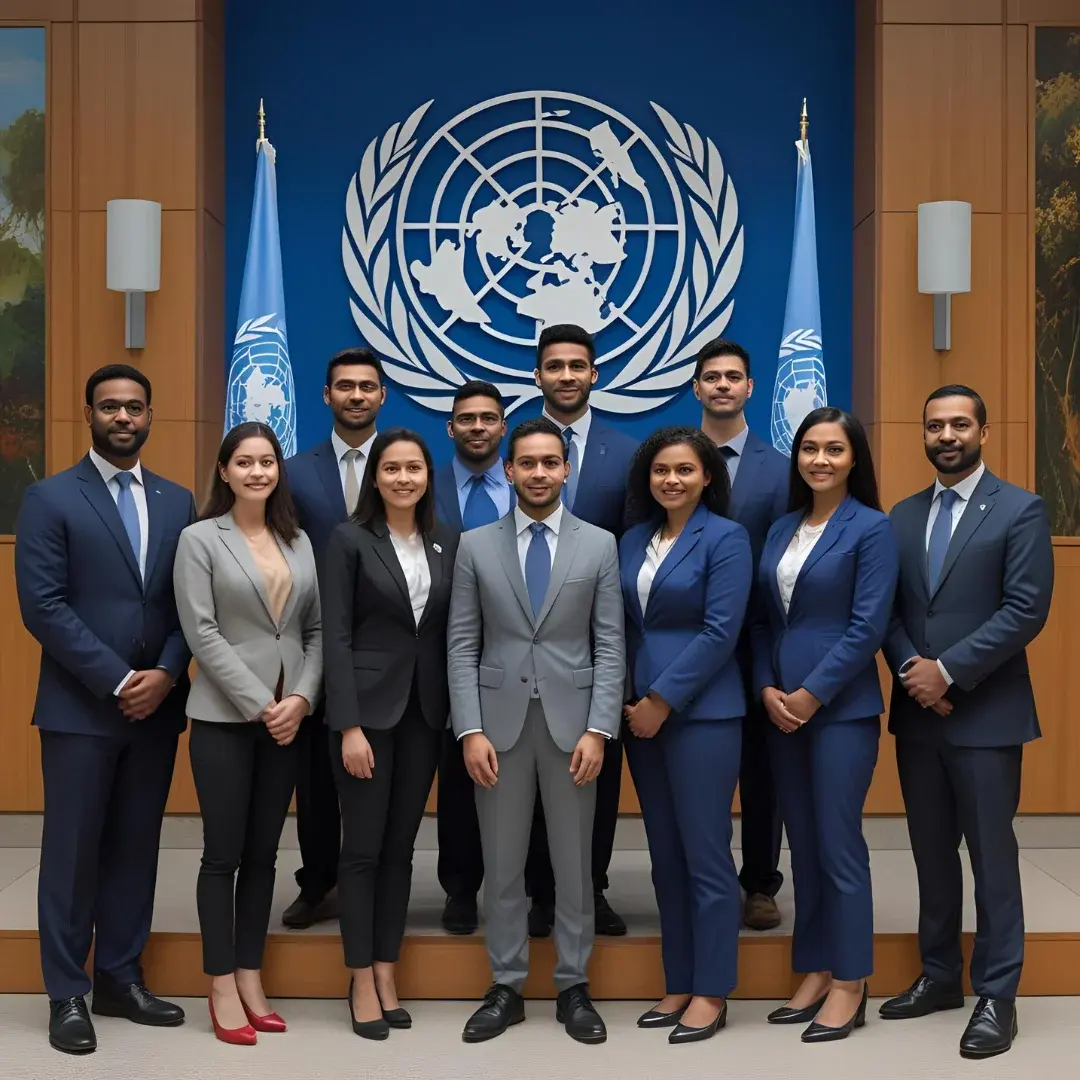
The UN Career Guidance Centre (UNCGC) is dedicated to providing globally accessible and affordable distance-learning guidance on UN careers to individuals—both men and women—aspiring to work with the United Nations. Our guidance is tailored for professionals from any field.
The self-paced and easy-to-understand format of our guidance enables learners to pursue their dream careers at their convenience. Our curriculum supports various stages of the recruitment process including application preparation, written tests, interviews, and follow-up procedures. The comprehensive online materials provided are designed to replace the need for classroom learning, while significantly deepening the candidate’s insight into the UN system.
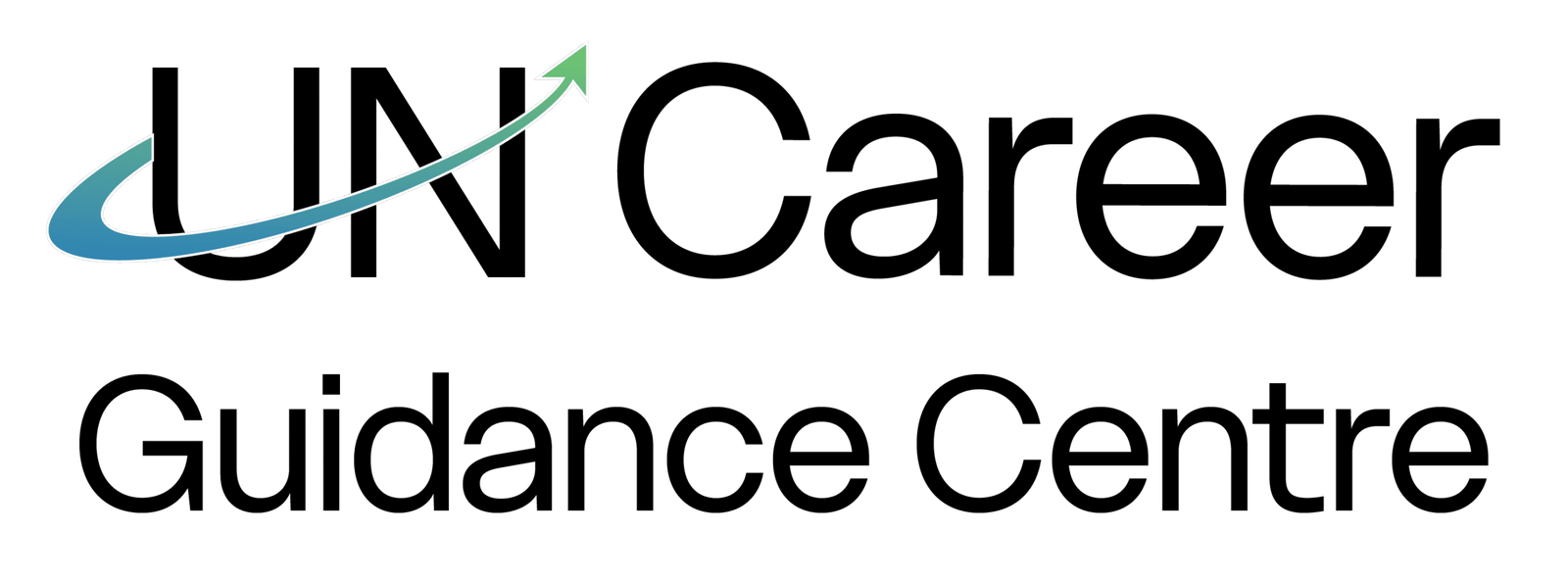
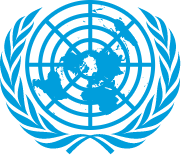
Have a goal. Unless you try, nothing can be achieved. This is your opportunity to be part of one of the world’s most prestigious and impactful institutions. The United Nations need dedicated professionals like you—people who believe in contributing towards the planet and humanity. With guidance and preparation, your dream UN career is within reach.
The work of the United Nations and many International NGOs touch most the globe and focus on a broad range of fundamental issues, like sustainable development, protection of the environment and refugees, disaster relief and mitigation, counter terrorism, as well as disarmament, non-proliferation, legal affairs, human rights etc. The issues on UN agenda are manifold and diverse as are the careers UN offer.
Among UN ranks you will find staff members who monitor elections, disarm child soldiers, coordinate relief in humanitarian crisis and provide administrative as well as logistical support to carry out complex mandates.
The 40,000 civilian staff members of the United Nations serve at different locations around the world. You will find your job with UN very inspiring because you can learn something new every day and is highly rewarding. Many people miss out on opportunities because of safety concerns and fear of moving, but the great opportunity to travel around the world, explore different cultures while working for the common good should not be missed.
The United Nations provides a wide range of opportunities for professionals from various backgrounds to contribute across multiple fields and global programs. Below is a list of indicative (but not exhaustive) areas where UN careers are available:
UN global workforce is made up of 33% women and 67% men. The United Nations strongly encourages women to apply for available positions. The present percentage of women in different departments is nowhere near the target figures of UN. Hence the chances of qualified and competent women to get UN jobs are higher than men. In fact, a rapidly growing UN organization called "UN women" look for qualified women candidates.
These exciting opportunities and tangible career support services are naturally extended across all the Organization’s established job networks:
The United Nations workforce is made up of different categories of staff. Within each category there are different levels, which reflect increasing levels of responsibilities and requirements. This will be useful when you start searching and applying for jobs. At the United Nations you progress in a category through merit and qualifications. There are, however, restrictions on movement between the different categories.
These are the different categories of staff at the United Nations:
The United Nations offers an attractive remuneration package with competitive pay and a wide range of benefits.
Salaries are paid based on a standardized international pay scale, with adjustments made for the cost of living at each duty station.
Benefits and allowances are adjusted to support family members and dependants.
UN salaries, grants, and allowances are normally exempt from national income tax.
| Level | USD (Annual) | INR (Per Month) |
|---|---|---|
| D2 | USD 164,082 | INR 14.27 Lakhs PM |
| D1 | USD 145,961 | INR 12.69 Lakhs PM |
| P5 | USD 125,690 | INR 10.93 Lakhs PM |
| P4 | USD 103,830 | INR 9.03 Lakhs PM |
| P3 | USD 85,897 | INR 7.47 Lakhs PM |
| P2 | USD 67,370 | INR 5.86 Lakhs PM |
NOTE
As a United Nations staff member, you may also be entitled to the following allowances and support, depending on your duty station and situation:
Increased Selection Chances
Targeted Assignment Matching
Expert Insights & Strategy
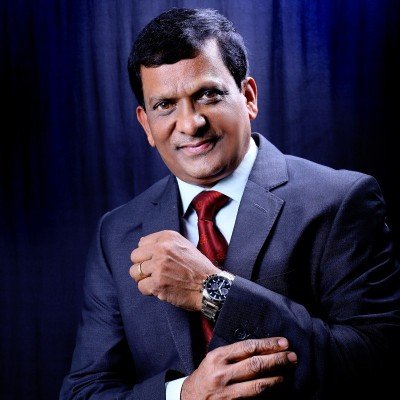

Brigadier George is an United Nations Consultant and Trainer who is an expert trainer / mentor. Expert in motivating, goal setting, career guidance and soft skill development in youth and professionals.
Your work experience should be relevant to the job for which you are applying; each job may also have specific requirements, which are specified in the opening. For mid-career and senior level positions, progressively responsible work experience is required. As you acquire more relevant work experience you can progressively apply for higher positions.
P-2: Minimum 2 years of work experience
(No experience required if applying through the Young Professionals Programme)
P-3: Minimum 5 years of work experience
P-4: Minimum 7 years of work experience
P-5: Minimum 10 years of work experience
P-6 / D-1: Minimum 15 years of work experience
P-7 / D-2: More than 15 years of work experience
If you recently graduated from university and you have limited or no work experience, you may qualify to take the young professionals programme recruitment examination(YPP).
There are six official languages at the United Nations: Arabic, Chinese, English, French, Russian and Spanish. Two of these, English and French, are the working languages. To work for the United Nations you need to have excellent command of either English or French. Knowledge of an additional language is an asset but is not required for most jobs.
If there are additional language requirements, as may be the case for some language positions, they are specified in the respective job openings.
Work in the Professional category generally demands a high degree of analytical and communication skills, substantive expertise and/or managerial leadership ability.
Typically, these positions require judgment in analyzing and evaluating problems as well as in decision-making involving discretionary choices between alternative courses of action. They also require the understanding of an organized body of theoretical knowledge at a level equivalent to that represented by a university degree. While this knowledge is customarily and characteristically acquired through formal education, it may, in some fields of learning or specialized disciplines, be acquired through other training, self-study, or practical experience.


Choosing a career path after graduation can feel overwhelming. With so many options and opinions, it’s easy to get stuck.


Choosing a career path after graduation can feel overwhelming. With so many options and opinions, it’s easy to get stuck.